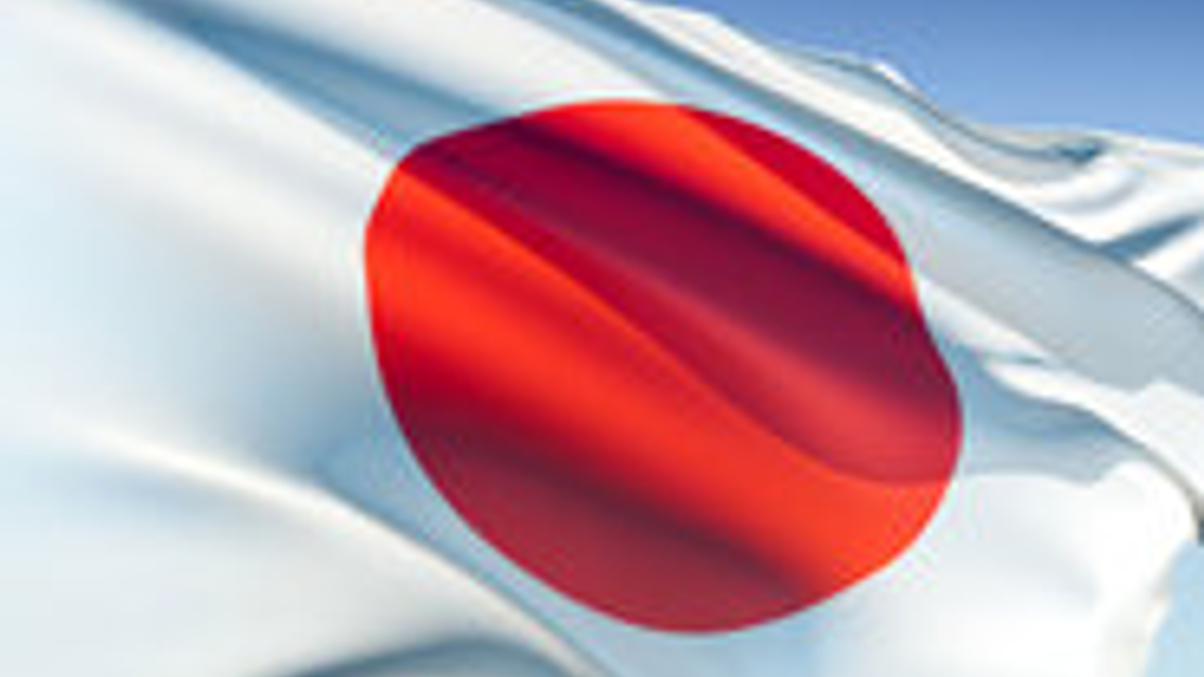Nomura Securities spies thematic opportunity
Japan’s powerful distributor is marketing a corporate value fund to capitalise on the nation’s new corporate governance drive. But it sees only a narrow window of opportunity.

Japan’s most powerful distributor, Nomura Securities, has started to market a new fund to capitalise on the nation’s concerted drive to improve corporate governance.
Sign in to read on!
Registered users get 2 free articles in 30 days.
Subscribers have full unlimited access to AsianInvestor
Not signed up? New users get 2 free articles per month, plus a 7-day unlimited free trial.
¬ Haymarket Media Limited. All rights reserved.


